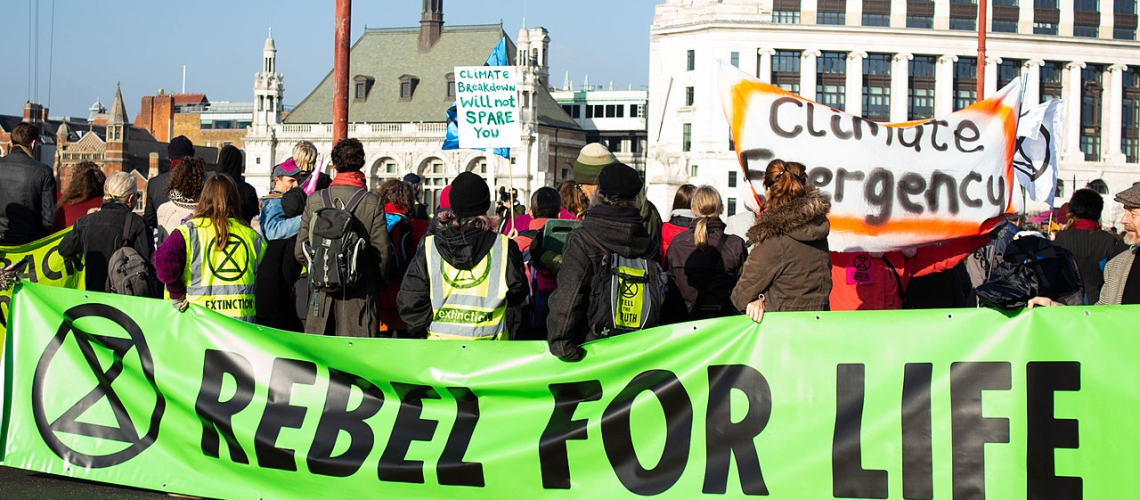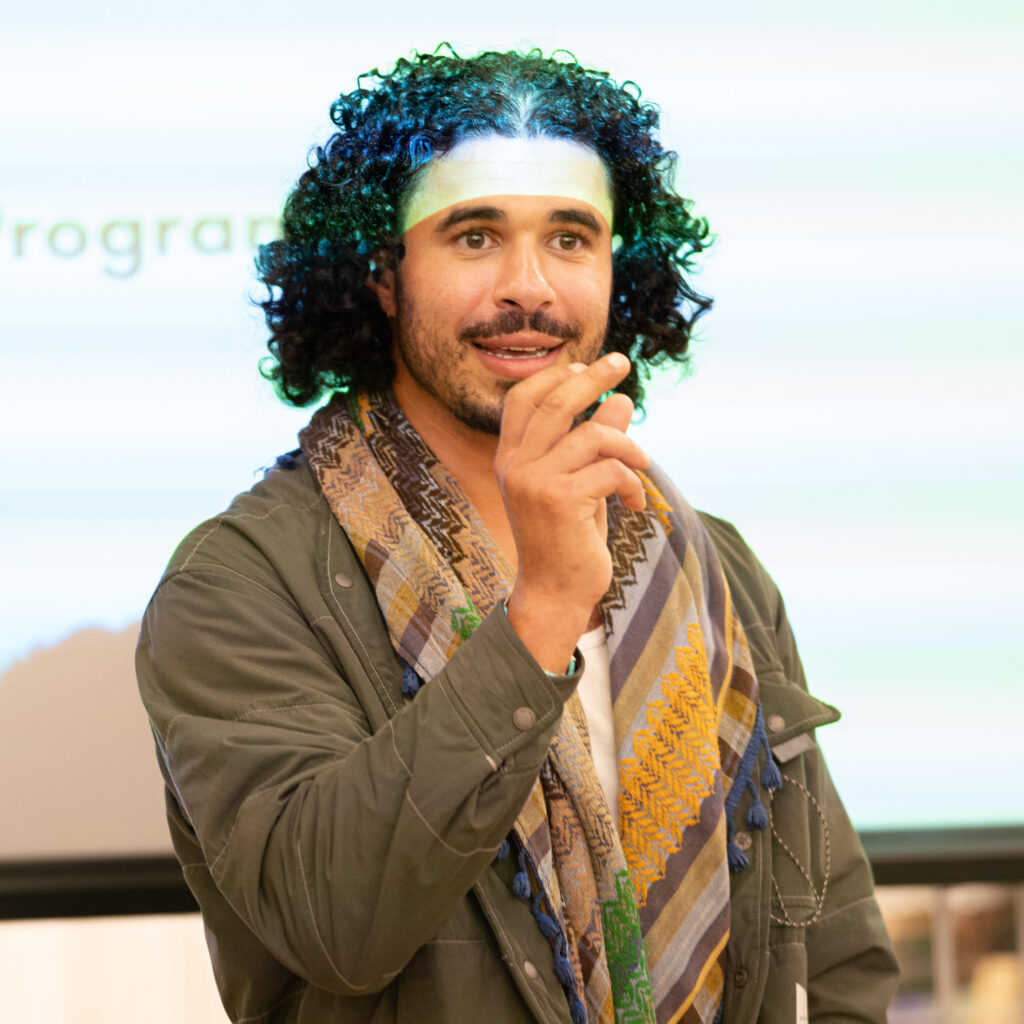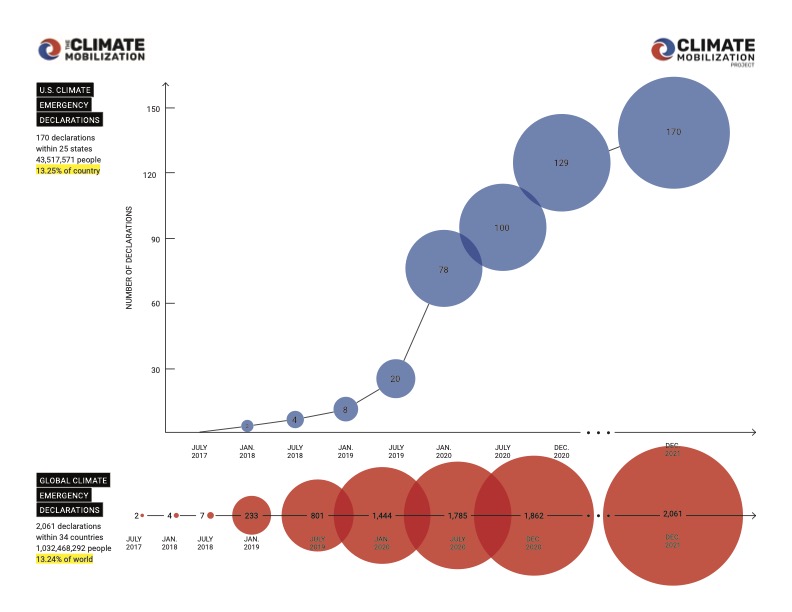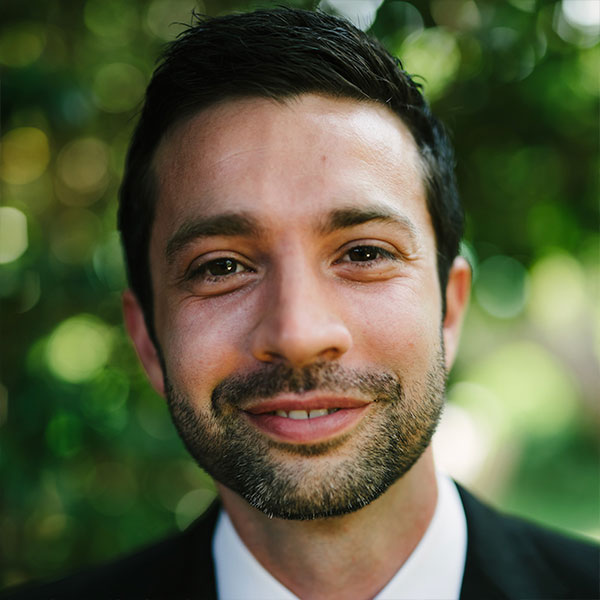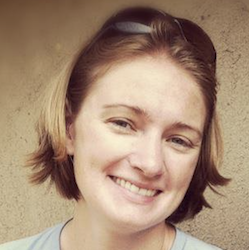Extinction Rebellion Takes London and the UK Declares Climate Emergency

For 10 days in April, thousands of activists with Extinction Rebellion disrupted business as usual throughout London, barricading streets at major landmarks with elaborate art and performances. Protesters staged a die-in at the Natural History Museum, climbed on trains, locked or glued themselves to bridges and trains, blockaded the entrance to the London Stock Exchange, and more than 1,000 were peacefully arrested. Activist Greta Thunberg, the 16-year-old Swedish activist who began the School Strike for Climate, joined in the protests and delivered a speech to the UK Parliament. The protesters demanded that the people and politicians of the UK treat climate change like an emergency and commit to net-zero emissions by 2025. They were impossible to ignore—and on May 1, 2019, the UK Parliament declared an “environment and climate emergency,” making the United Kingdom the first country to do so.
Our allies at the Council Action in the Climate Emergency (CACE) published an important article about the definition of “Climate Emergency” and the need to protect the integrity of this concept as it gains popular appeal and sparks policy actions:
“As climate emergency talking and thinking shifts further towards climate emergency action, it is imperative that ‘climate emergency’ is not co-opted to mean something ‘convenient’ or ‘pragmatic’ (ie. weak goals and slow action). Climate emergency has to stand for safe climate principles for restoring a safe climate. So what should climate emergency emissions targets look like? This blog attempts to draw a line in the sand, proposing how to set targets for both central governments and councils.”
Read the full post on CACE’s website here.
Are you inspired by this newsletter and want to help keep it coming? We are a volunteer-powered organization but our small staff budget is made possible by donors like you! Can you afford to support? Or rather, can you afford not to? Please click here.
Tell Democratic Candidates for President: Hold a Climate Debate!
Climate change is the biggest crisis the United States and humanity has ever faced. And voters are starting to see it that way. A new CNN poll finds that climate change was the top priority for Democratic voters, with 82 percent calling it “very important.”
Twenty candidates have announced that they are running for the Democratic nomination for President. Washington Governor Jay Inslee has declared himself a single-issue presidential candidate on climate change and released a detailed plan to address it. Others have endorsed the Green New Deal. Beto O’Rourke has compared climate change to WWII, and called it an “existential challenge” that calls for “sacrifice and service” on the same scale. But the plan released by his campaign would get the U.S. to zero emissions in 2050—far too late to keep us within 1.5 degrees of warming, let alone achieve a reversal of warming, as we demand.
In the midst of this debate, a lesser-known candidate has crafted the strongest guiding principles for climate action. Watch Climate Mobilization Co-founder Ezra Silk’s new video interview with renowned author Marianne Williamson and award-winning filmmaker Josh Fox on the spiritual aspects of the Climate Emergency and her commitment to reversing climate change, not just trying to limit the danger.
With so many ideas on the table, the Democratic Party must put climate change at the foreground of the 2020 election, and candidates must be prepared to rise to this world historical challenge. Sign this petition to tell the DNC: Hold a climate debate!
Local Governments Begin Acting on Climate Declarations
Declaring a climate emergency is essential—but it is only the first step. Cities that have already declared a climate emergency are beginning to act on that commitment. Vancouver just approved a roadmap meant to meet the 2030 target they say is needed on a global scale to avoid catastrophe. That roadmap includes six “big moves” and 53 “quick start actions.” Among these big moves are restoring forest and coastal ecosystems by fall 2020, making communities entirely walkable by 2030, ensuring 50% of vehicles are zero-emission by 2030, and making all new and replacement water heating systems zero emissions by 2025. New York has begun taking much smaller steps, capping building emissions and requiring landlords to do retrofitting that would reduce emissions by 40 percent by 2030; initiating a study on whether the city can close its 24 oil- and gas-burning power plants; and making it easier to build wind turbines. And in Berkeley California, Councilwoman Kate Harrison has cited that city’s Climate Emergency declaration in proposing a prohibition on gas hookups in all new construction. Cities must go much further, much faster, but these steps signal a shift toward action after too many decades of rising emissions.
We are committed to spreading the Climate Emergency Movement around the globe. We’re seeing success as the influence of declarations in small cities spreads out and up, now with the example of the UK, all the way to national governments. After governments make declarations, we work to encourage them to take bold and meaningful action, and we provide guidance around impactful, feasible policy. As the Climate Emergency Movement grows, we must be prepared to redouble our efforts in all of these areas, and we need your help. Please become a monthly donor at a level that is possible for you—help sustain our work, and make it possible for us to scale up to meet the challenge ahead.
New Fronts in the Climate Emergency Movement

Beginning on April 3, arts and culture organizations and individual artists began declaring a climate and ecological emergency and committing to building a regenerative culture capable of restoring ecological sustainability. Working in close collaboration with Extinction Rebellion, these artists contribute music, installations, moving artwork, and spoken word to the protests in London. They offer a toolkit for artists who wish to bring the emergency to their own communities and begin preparing for the work necessary to transform our culture. If you are an artist or work for a cultural organization, consider declaring and learning more about what to do next.
Meanwhile, municipal climate emergency declarations have arrived in a sixth country: Germany. Konstanz, in southern Germany, became the first city in that country to declare a climate emergency, joining cities in the United States, Canada, the United Kingdom, Australia, and Switzerland.
No Future in Fossil Fuels
For the first time ever, renewable energy generated more electricity than coal in the U.S. last month. Not because the U.S. has committed to addressing climate change—but because solar and wind are beating coal on price. According to experts, we could replace three-fourths of all coal power plants with solar and wind today and households would pay less. Although the process of transforming our society to one that uses exclusively renewable energy will require significant short-term sacrifices and disruption, a world with climate justice is not a world of austerity. Energy transformation is not about making “trade-offs”—it is about exchanging a future in which fossil fuel companies’ greed has threatened human civilization, for one in which humanity doesn’t just live—it lives better.
A Message from the Future
And for a glimpse of what that hopeful future might look like, check out “A Message from the Future with Alexandria Ocasio-Cortez,” a short video that hypothesizes one answer to the question: What if we declare a climate emergency—and win?

